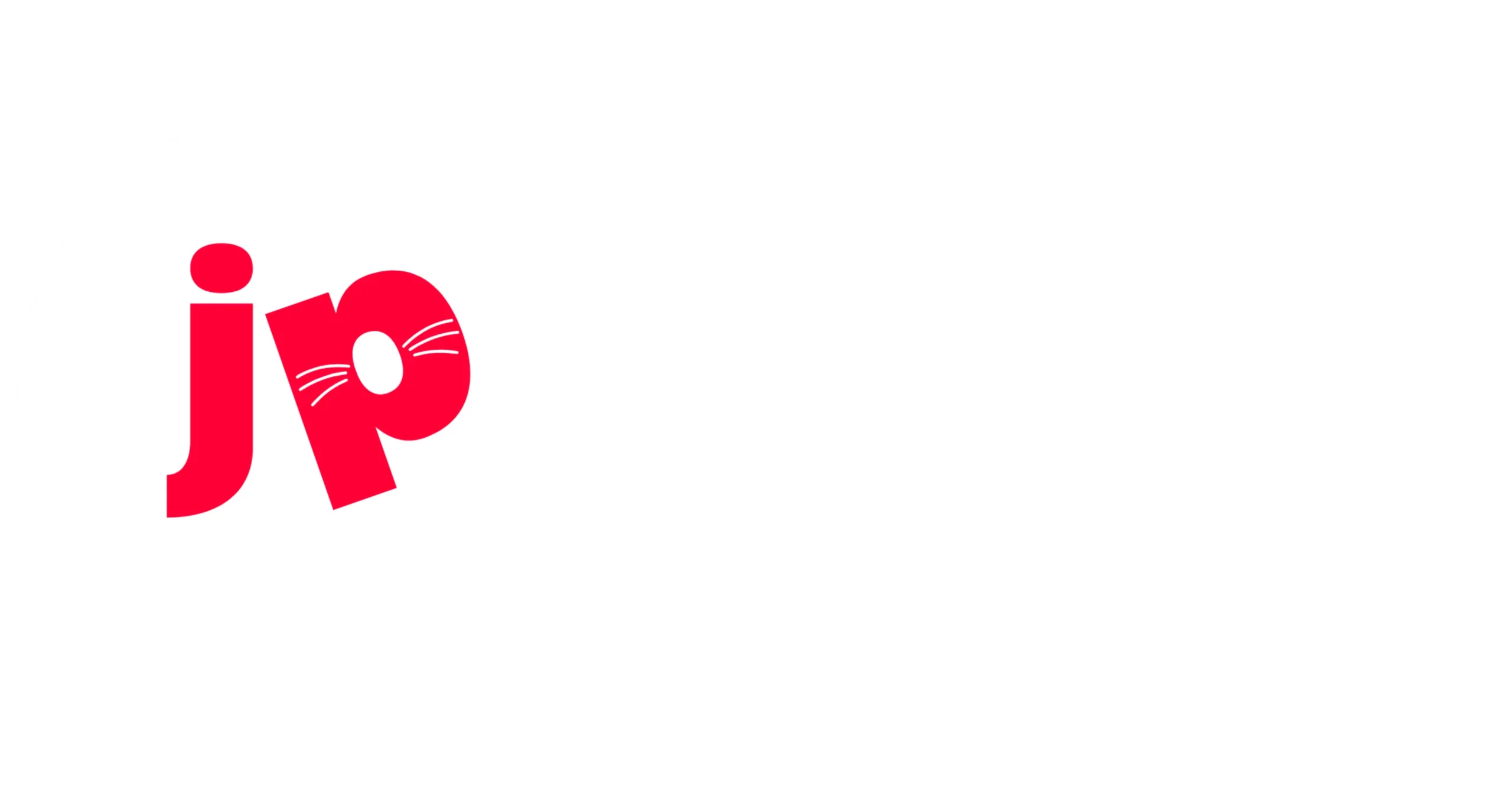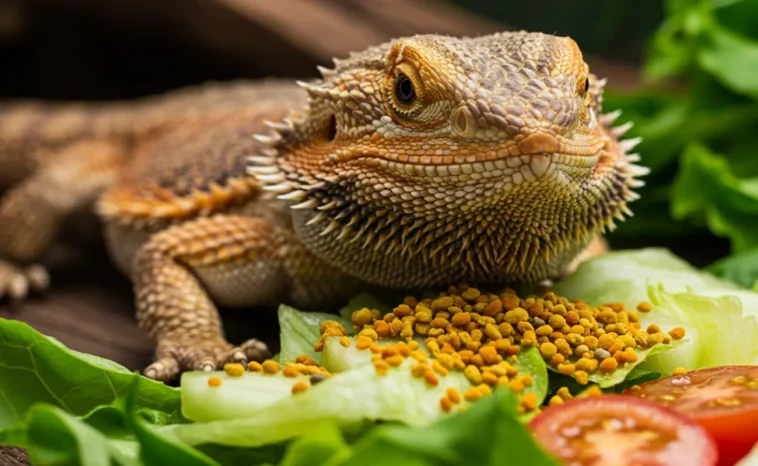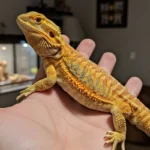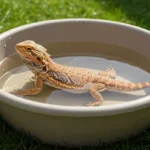Bearded dragons, known for their curious nature and unique dietary needs, thrive on a balanced mix of vegetables, insects, and occasional supplements to stay healthy. One such supplement that has gained attention in recent years is bee pollen for bearded dragons. But why should this natural substance, collected by bees, be a part of your bearded dragon’s diet? Is it truly beneficial, or are there risks to consider?
In this article, we’ll explore everything you need to know about bee pollen for bearded dragons—from its nutritional value to how it can enhance your pet’s health, as well as the potential side effects to keep in mind. Whether you’re a seasoned reptile owner or a newcomer to the world of bearded dragons, you’ll find all the insights you need to safely incorporate this powerful supplement into your pet’s feeding routine.
If you’re also interested in learning more about what other insects can be included in your bearded dragon’s diet, you may find our article on Can Bearded Dragons Eat Rolly Pollies? helpful, offering additional insights on safe feeding practices.
The Role of Bee Pollen in Bearded Dragon Diets
Bee pollen is a substance that bees collect from flowers, combining nectar, flower pollen, and bee enzymes. This unique mix creates a dense, nutrient-packed food that benefits many creatures, including bearded dragons. Though bearded dragons are omnivores with a varied diet of both plants and insects, bee pollen for bearded dragons can add a nutritional boost that supports overall health.
Packed with essential nutrients such as vitamins B-complex, C, and E, along with minerals like calcium, magnesium, and potassium, bee pollen is rich in protein and essential amino acids. These nutrients play a vital role in muscle health, immune system support, and skin regeneration. As a result, bee pollen for bearded dragons serves as an ideal supplement to your pet’s regular diet, enhancing the nutritional value of their meals.
By incorporating bee pollen powder for bearded dragons or bee pollen granules for bearded dragons into their meals, you’re not only enhancing the taste of their food but also helping them absorb crucial nutrients that may be missing from their regular diet.
Bee Pollen for Bearded Dragons: Benefits and Side Effects
While the benefits of bee pollen for bearded dragons are numerous, it’s important to be aware of the potential side effects of overfeeding. Bee pollen is an excellent source of protein, vitamins, and minerals, but it should never be considered a primary food source. When used in moderation, it can serve as a nutrient-rich supplement to help maintain your dragon’s overall health.
Benefits of Bee Pollen for Bearded Dragons:
-
Appetite Stimulation: Bee pollen can entice even the pickiest eaters to consume food. This is particularly beneficial for dragons that may be experiencing a loss of appetite.
-
Nutritional Boost: Bee pollen supports digestion, immune health, and muscle development due to its rich blend of proteins, amino acids, and antioxidants. These nutrients contribute to overall vitality and strength.
-
Supports Immune Health: The antioxidants in bee pollen help strengthen your bearded dragon’s immune system, providing them with extra protection against illnesses.
-
Improves Digestive Health: Bee pollen contains enzymes that assist with digestion, helping your bearded dragon better absorb the nutrients from their food.
Potential Side Effects of Bee Pollen for Bearded Dragons:
-
Allergic Reactions: Though rare, some reptiles may have sensitivities to bee pollen. Symptoms of an allergic reaction could include gastrointestinal upset or changes in behavior. Always monitor your pet after introducing bee pollen to ensure no adverse effects occur.
-
Overfeeding: Bee pollen should be used sparingly. Too much can lead to nutrient imbalances, especially if it replaces other essential parts of your dragon’s diet. Moderation is key to maintaining a healthy balance.
-
Lack of UVB and Proper Diet: Bee pollen alone will not provide all the necessary nutrients your bearded dragon needs. It’s important to combine bee pollen supplementation with proper UVB lighting, a well-rounded diet, and live insects for optimal health.
Bee Pollen Powder for Bearded Dragons: How to Use It
There are different forms of bee pollen for bearded dragons, including powder and granules. Bee pollen powder for bearded dragons is a versatile option that can be easily sprinkled over your pet’s food, mixed into pre-made diets, or dusted onto insects before feeding. This form of bee pollen is particularly useful for bearded dragons that are reluctant to eat certain foods, as it adds flavor and nutrients.
Incorporating bee pollen powder into your bearded dragon’s diet is simple:
-
Sprinkle it on veggies: Add a dusting of bee pollen powder to your dragon’s greens or vegetables to enhance the taste and nutritional value.
-
Dust insects: For insect-eating bearded dragons, dusting feeder insects such as crickets or mealworms with bee pollen powder ensures they get the full nutritional benefit of this supplement.
-
Mix with homemade slurries: Combine bee pollen powder with other supplements like calcium to create a nutritious slurry your bearded dragon will enjoy.
Why Bee Pollen is Good for Bearded Dragons
The health benefits of bee pollen for bearded dragons are supported by its rich nutritional profile. From boosting immunity to aiding digestion, bee pollen serves multiple roles in maintaining your pet’s well-being. Additionally, the amino acids in bee pollen help support muscle growth, while its anti-inflammatory properties can assist with healing minor injuries or wounds.
One of the standout benefits of bee pollen is its ability to support skin and shedding health. The vitamins A, C, and E in bee pollen are essential for maintaining healthy skin, which is particularly important for bearded dragons as they shed their skin regularly. Regular consumption of bee pollen can contribute to a smooth shedding process and a vibrant, healthy coat.
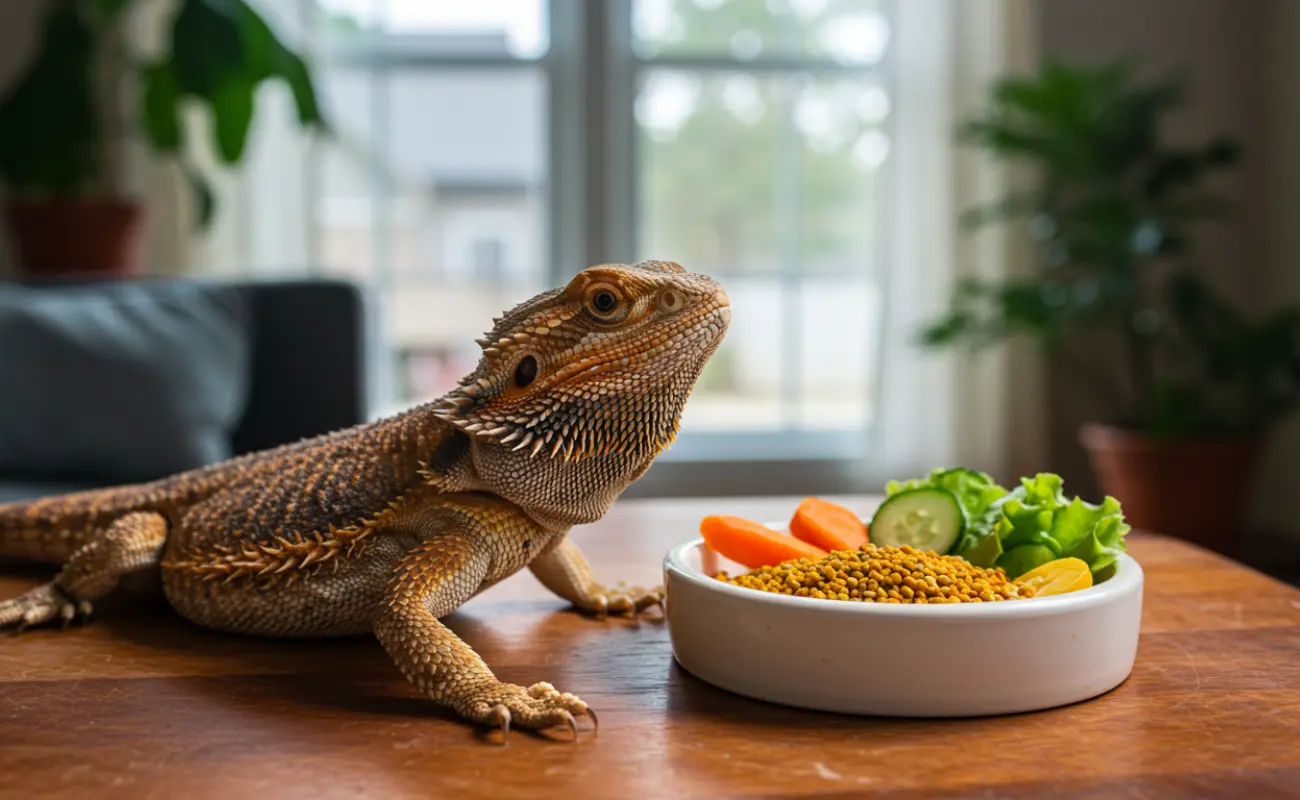
Bee Pollen Granules for Bearded Dragons: A Tasty Treat for Your Pet
Bee pollen granules are another form of bee pollen for bearded dragons, and they offer a unique set of benefits for your reptile. These granules are harvested by bees as they collect pollen from flowers and are packed with essential nutrients, including proteins, vitamins, minerals, and antioxidants. Bee pollen granules are generally used as a supplement to your bearded dragon’s diet, providing additional nutritional value.
How to Use Bee Pollen Granules for Bearded Dragons:
-
Gut-loading feeder insects: One of the best ways to use bee pollen granules for bearded dragons is to gut-load feeder insects like crickets, mealworms, or dubia roaches. This means feeding the insects bee pollen for 12-24 hours before offering them to your pet. By feeding your bearded dragon these pollen-infused insects, they can indirectly benefit from the nutrients, making it a natural and efficient method of delivery.
-
Topping salads: Bee pollen granules can also be sprinkled over their salads or vegetables. This adds a delightful texture and a nutrient boost to their meals, ensuring they get essential vitamins and minerals while enjoying their food.
-
As a standalone treat: If you want to give your bearded dragon something extra special, bee pollen granules can be offered as a standalone treat. Place small amounts in their enclosure to allow them to enjoy it as a snack. This approach adds variety to their diet and provides a nutrient-packed treat that most dragons find delicious.
-
Mixing with other foods: Bee pollen granules can also be mixed into pre-made diets or powdered foods. Whether it’s a store-bought diet or a homemade mix, adding these granules enhances the overall nutrient profile, ensuring your bearded dragon gets a wide array of essential nutrients.
Benefits of Bee Pollen Granules for Bearded Dragons:
-
Nutrient-rich: Bee pollen granules are packed with proteins, vitamins (like B-complex, vitamin C, and vitamin E), minerals (such as calcium, magnesium, and potassium), and antioxidants that promote overall health and vitality in bearded dragons.
-
Supports muscle and bone health: The protein content in bee pollen helps support muscle health, while minerals like calcium and magnesium are essential for bone strength, making these granules an essential addition to your dragon’s diet.
-
Improves immune function: Bee pollen granules are rich in antioxidants that can help strengthen the immune system, providing your bearded dragon with the ability to fight off illnesses and infections more effectively.
-
Encourages eating: Many bearded dragons find bee pollen granules palatable, which can help entice even the pickiest eaters. Sprinkling it over their food can encourage them to eat more, especially during times of reduced appetite.
Where to Buy Bee Pollen for Bearded Dragons
Now that you understand the benefits and how to use bee pollen for bearded dragons, the next step is knowing where to find high-quality bee pollen. Whether you choose powdered or granule form, sourcing bee pollen from reputable suppliers is essential for ensuring the safety and nutritional value of the product.
Where to Buy Bee Pollen for Bearded Dragons:
-
Reputable pet supply stores: Many pet stores, especially those that specialize in reptiles, carry bee pollen as a supplement for exotic pets. Look for well-established stores with a good reputation for providing high-quality products tailored for bearded dragons.
-
Specialty exotic pet shops: Shops that focus on exotic pets often carry bee pollen or can direct you to reliable suppliers. Staff at these stores are typically knowledgeable about reptile care and can help you find the best bee pollen for your bearded dragon.
-
Online retailers: Numerous online reptile supply retailers offer bee pollen for bearded dragons. It’s important to choose a reputable seller that specializes in reptile nutrition, ensuring the pollen is fresh and free from harmful additives.
-
Beekeepers and local farmers: Purchasing directly from local beekeepers or farmers who produce bee products may be a great option for getting fresh, high-quality bee pollen. Just make sure that the bees are collecting pollen from pesticide-free flowers.
-
Health food stores: While health food stores typically sell bee pollen for human consumption, it can also be suitable for reptiles. However, check the product label for any additives or processing methods that could be harmful to your bearded dragon.
How to Use Bee Pollen for Bearded Dragons
Using bee pollen for bearded dragons is simple, but it’s important to do so correctly to maximize its health benefits. Below are various ways to incorporate bee pollen into your bearded dragon’s diet to ensure they receive all its nutritional perks.
How to Use Bee Pollen for Bearded Dragons:
-
Sprinkle over food: One of the easiest ways to incorporate bee pollen into your bearded dragon’s diet is to sprinkle it over their regular food, such as vegetables or greens. This method is especially useful for picky eaters who may need a little extra encouragement to consume their vegetables.
-
Mix into pre-made diets: If you use pre-made foods for your bearded dragon, you can mix bee pollen into these diets to boost the nutritional content. Ensure that the bee pollen is evenly distributed for the best effect.
-
Dust over insects: For bearded dragons that rely on insects for protein, dusting feeder insects with bee pollen before offering them is a great way to ensure they receive the nutritional benefits of this supplement.
-
Gut-load feeder insects with bee pollen: Gut-loading feeder insects with bee pollen ensures that your bearded dragon gets all the benefits indirectly through their prey. This method is particularly beneficial for dragons that eat live insects as a primary food source.
-
Standalone treat: As a special treat, you can place small amounts of bee pollen directly in your bearded dragon’s enclosure, allowing them to snack on it occasionally. This provides an additional nutrient boost and variety in their diet.
Frequently Asked Questions (FAQ)
1. Can bearded dragons eat bee pollen every day?
While bee pollen is a great supplement, it should not be fed to your bearded dragon every day. It’s best used in moderation to avoid nutrient imbalances. Bee pollen can be offered 2-3 times a week, depending on your pet’s dietary needs. Remember, variety is key in a balanced diet, and bee pollen should complement, not replace, other essential foods.
2. Is bee pollen safe for baby bearded dragons?
Yes, bee pollen is safe for baby bearded dragons when given in moderation. However, since baby bearded dragons are still growing and developing, it’s important to ensure that bee pollen is only a small part of their diet. Focus on providing them with a nutrient-rich mix of insects and vegetables, and introduce bee pollen gradually to avoid overwhelming their sensitive digestive system.
3. Can bee pollen help with shedding in bearded dragons?
Yes! Bee pollen is rich in vitamins A, C, and E, which are essential for skin health. These vitamins help support the shedding process by keeping the skin healthy and promoting smoother, more efficient shedding. Regular consumption of bee pollen can contribute to healthier skin and less stressful shedding periods for your bearded dragon.
4. Can bee pollen cause allergic reactions in bearded dragons?
While rare, bee pollen can cause allergic reactions in some bearded dragons. Symptoms of an allergic reaction may include gastrointestinal distress (vomiting or diarrhea), changes in behavior, or skin irritation. Always introduce bee pollen gradually and monitor your pet for any signs of discomfort. If any adverse reactions occur, discontinue use and consult with a veterinarian.
5. How much bee pollen should I give my bearded dragon?
The amount of bee pollen to give your bearded dragon will depend on their size and dietary needs. Typically, you can sprinkle a small amount (about 1/4 teaspoon) of bee pollen over their food or dust insects with it. If using bee pollen granules, start with a smaller quantity to ensure your dragon tolerates it well. Remember, bee pollen should not make up more than 10% of their total diet.
6. Is bee pollen better than other supplements for bearded dragons?
Bee pollen is a unique supplement with a broad range of nutrients, but it should not be considered a replacement for other necessary supplements like calcium or multivitamins. It works best when used in conjunction with a well-rounded diet that includes UVB lighting, appropriate live insects, and greens. Calcium supplementation is especially important for bearded dragons, and bee pollen should complement this, not replace it.
7. What are the different forms of bee pollen for bearded dragons, and which is best?
Bee pollen comes in various forms, including powder, granules, and fresh. Each form has its benefits:
-
Bee pollen powder: Easy to sprinkle on vegetables or dust insects.
-
Bee pollen granules: Can be used for gut-loading insects or as a standalone treat.
-
Fresh bee pollen: Typically found at health food stores, though it’s important to ensure it’s pesticide-free.
The best form depends on your bearded dragon’s feeding preferences. Bee pollen powder is often preferred for picky eaters, while granules can be great for adding texture to meals or for gut-loading insects.
8. Where can I find high-quality bee pollen for bearded dragons?
Bee pollen for bearded dragons can be found at several places:
-
Pet supply stores: Reptile-focused pet stores often carry bee pollen as a supplement.
-
Health food stores: Many health stores sell bee pollen intended for human consumption, which can also be safe for your pet as long as there are no additives or preservatives.
-
Online retailers: There are specialized online stores that cater to reptile owners and offer high-quality bee pollen.
-
Local beekeepers: Purchasing directly from local beekeepers ensures you get fresh, pesticide-free bee pollen.
Always check the product label for any additives, preservatives, or chemicals that could be harmful to your bearded dragon.
9. Can bee pollen replace calcium or other essential vitamins for bearded dragons?
No, bee pollen should not replace calcium or other essential vitamins in your bearded dragon’s diet. While bee pollen is rich in vitamins and minerals, it doesn’t provide the high levels of calcium that your bearded dragon needs for proper bone health. It’s best used as a supplementary addition to a well-balanced diet that includes calcium, vitamin D3, and other necessary nutrients.
10. Can bee pollen help with bearded dragon’s energy levels?
Yes, the B vitamins in bee pollen, particularly B1 (thiamine) and B12, can help boost energy levels in bearded dragons. These vitamins are essential for metabolism and overall vitality. Adding bee pollen to your dragon’s diet can provide them with more sustained energy and help them stay active, especially for young and growing bearded dragons.
Conclusion
Incorporating bee pollen for bearded dragons into their diet offers a wide range of health benefits, from boosting immunity and promoting digestive health to supporting skin regeneration and muscle development. Whether offered as bee pollen powder, bee pollen granules, or mixed with insects, this natural supplement enhances your pet’s nutrition in a palatable way. However, as with any supplement, moderation is key. Bee pollen should be used as a supplement, not a primary food source, to avoid potential nutrient imbalances. It’s also important to monitor your bearded dragon for any signs of allergies or adverse reactions when introducing new foods.
From increasing appetite to improving overall vitality, the advantages of bee pollen for bearded dragons are clear, making it an excellent addition to their diet. By carefully incorporating it into their feeding routine, you can ensure that your bearded dragon gets the right balance of essential nutrients to maintain optimal health. Always purchase bee pollen from reputable sources, use it thoughtfully, and enjoy the benefits of a happy, healthy pet.


